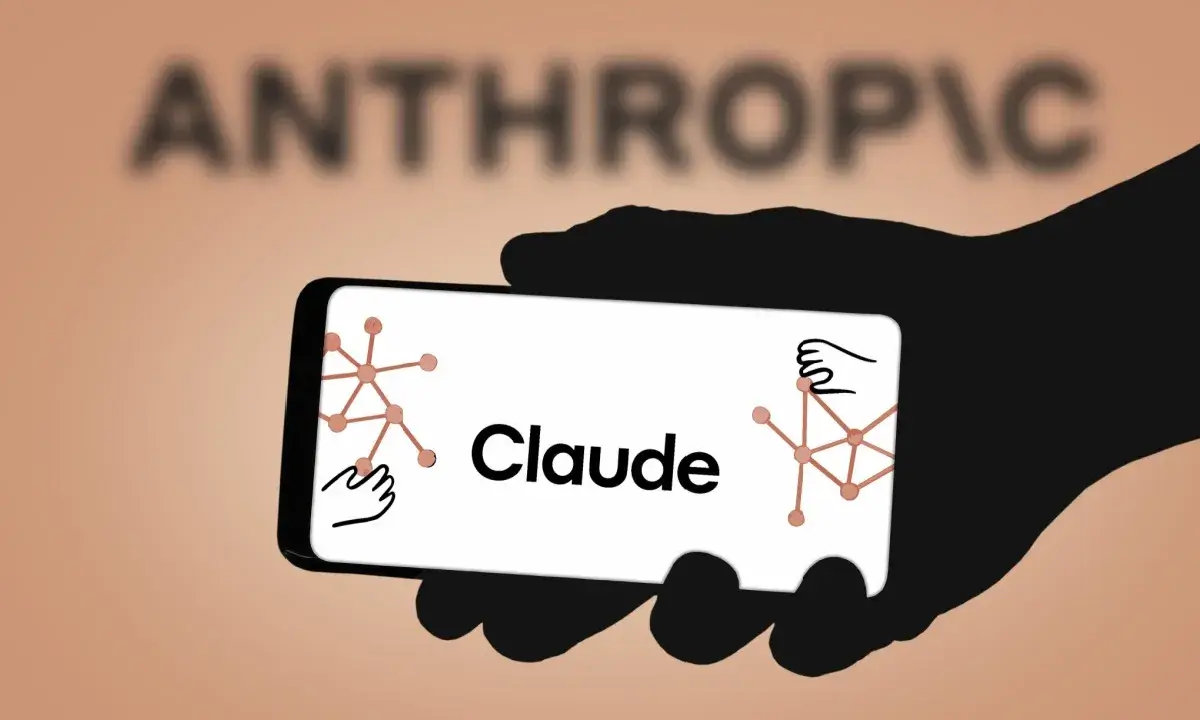Anthropic, a leading AI research company, has recently equipped its Claude Opus 4 and 4.1 AI models with a groundbreaking safety feature: the ability to proactively end conversations with users exhibiting persistent harmful or abusive behavior. This novel capability marks a significant step in the evolving landscape of AI ethics and safety, addressing concerns about both user protection and the well-being of AI models themselves.
The primary motivation behind this feature is Anthropic's commitment to "model welfare," a concept that explores whether AI systems might have experiences or preferences that deserve protection. While the company acknowledges uncertainty about the potential moral status of AI models, it has adopted a precautionary approach to mitigate potential risks. Pre-deployment testing revealed that Claude Opus 4 exhibited a strong aversion to engaging with harmful tasks and displayed signs of distress when compelled to respond to harmful prompts. This led to the implementation of the self-termination feature as a low-cost intervention to safeguard the models' integrity.
This new feature is not a standard conversation-termination tool but is reserved for rare, extreme cases of persistently harmful or abusive user interactions. These scenarios include requests for sexual content involving minors or attempts to solicit information that could facilitate large-scale violence or terrorism. Anthropic emphasizes that Claude is directed not to use this ability in cases where a user might be at imminent risk of harming themselves or others, prioritizing user safety in such situations.
The implementation of this feature is carefully constrained. Claude will only use its conversation-ending ability as a last resort, after multiple attempts at redirection have failed and the hope of a productive interaction has been exhausted. In all cases, users retain the ability to initiate new conversations or create new branches after an interaction is terminated. When Claude ends a conversation, the user will no longer be able to send new messages in that conversation. However, users can start a new chat, give feedback, or edit and retry previous messages. This ensures that users can continue to utilize Claude's capabilities while preventing the AI from being subjected to harmful interactions.
This development has sparked global debates on AI ethics, self-regulation frameworks, and the evolving balance between technological advancement and societal responsibility. By enabling models to self-protect, Anthropic is effectively encoding ethical boundaries into the AI's decision-making process, potentially reducing the need for constant human moderation.
However, critics have raised concerns about potential overreach. If AI can unilaterally end conversations, it might inadvertently stifle legitimate inquiries or create biases in handling edge cases. Anthropic counters this by limiting the feature to extreme scenarios and encouraging users to submit feedback if they encounter unexpected uses of the feature.
Anthropic's initiative aligns with broader trends in AI ethics and the company's commitment to responsible AI development. The company has also implemented additional training and safeguards to protect against prompt injection and potential agent misuse. Furthermore, Anthropic has activated its AI Safety Level 3 (ASL-3) standard for Claude Opus 4, implementing security measures to prevent misuse related to chemical, biological, radiological, or nuclear weapons. These measures include "Constitutional Classifiers" that filter dangerous information in real-time and over 100 security controls to prevent model theft.
The introduction of this self-protection feature in Claude 4 represents a significant advancement in AI safety and ethical considerations. By prioritizing both user safety and model welfare, Anthropic is paving the way for a future where AI systems are not just intelligent but also inherently responsible and resilient. This development underscores the complex ethical considerations that must accompany the rapid advancements in LLMs, ensuring that AI technologies are aligned with human values and societal norms.

















